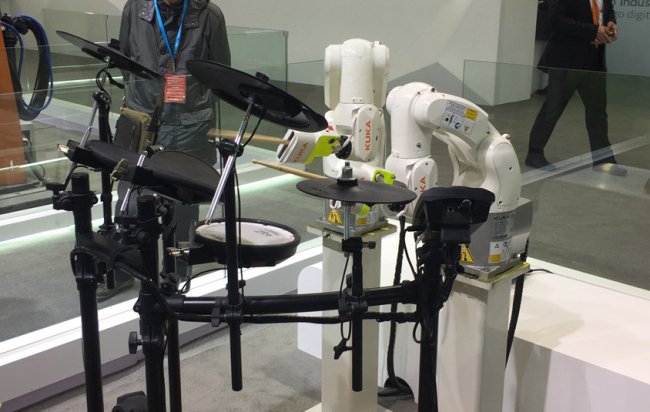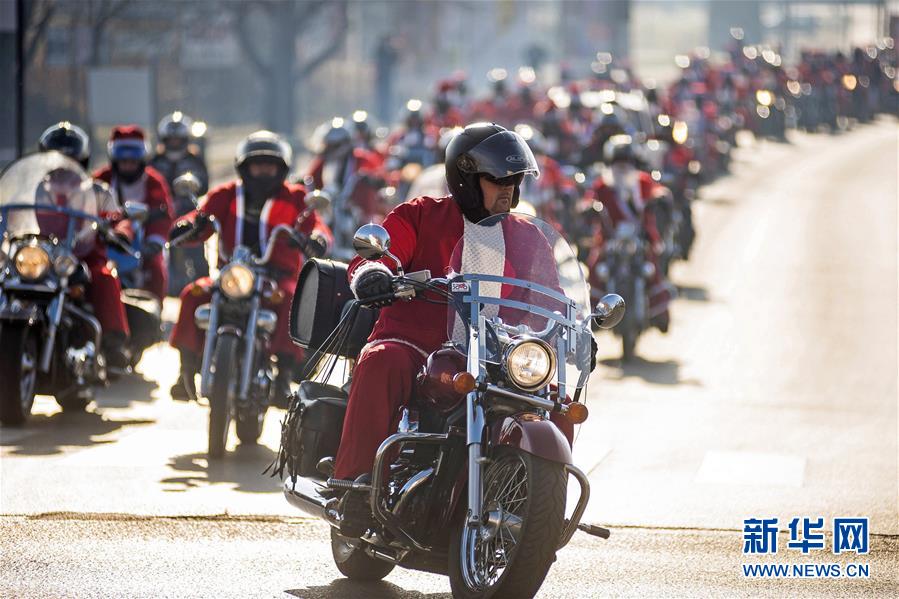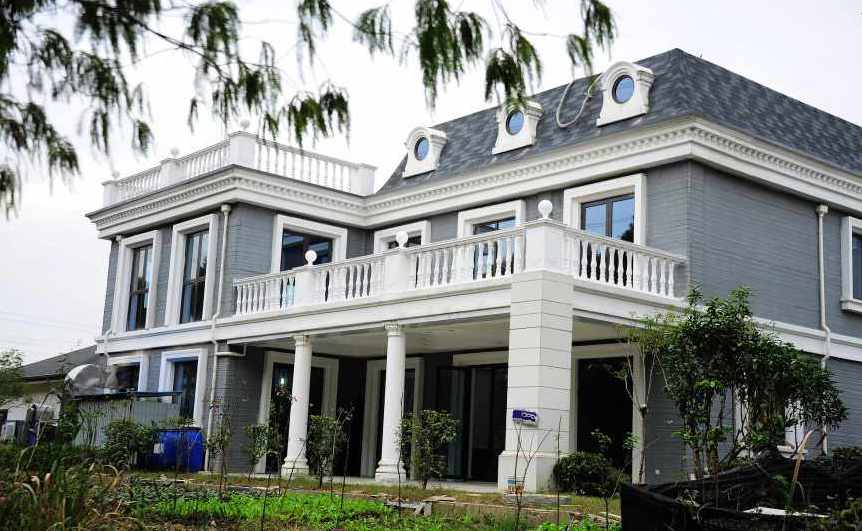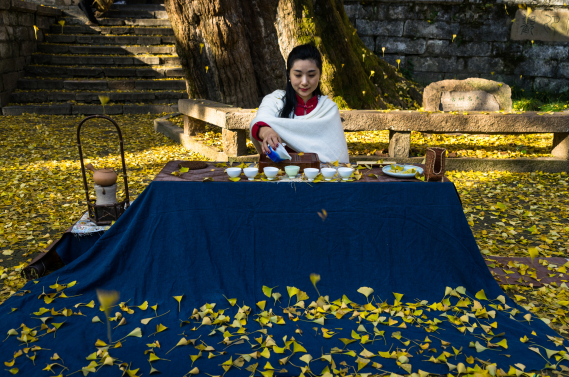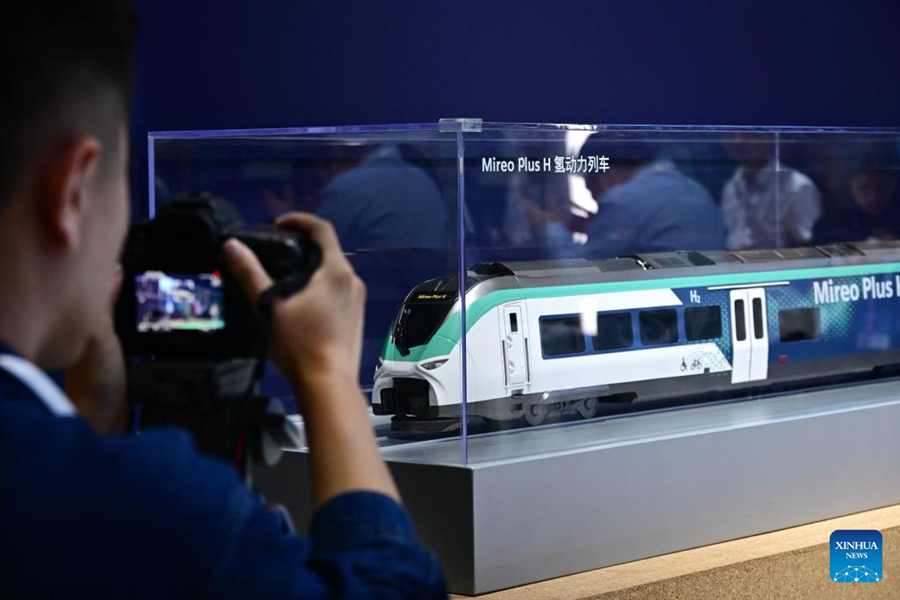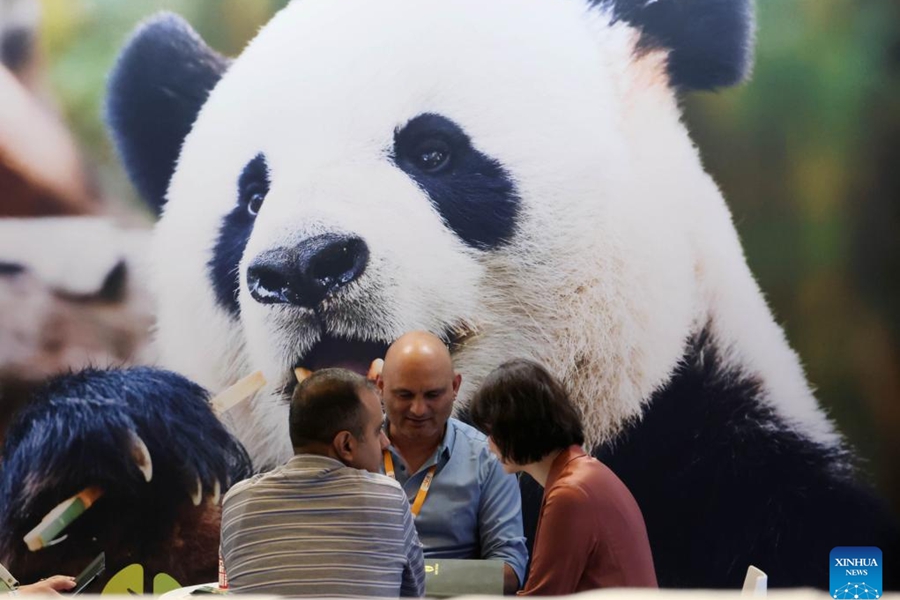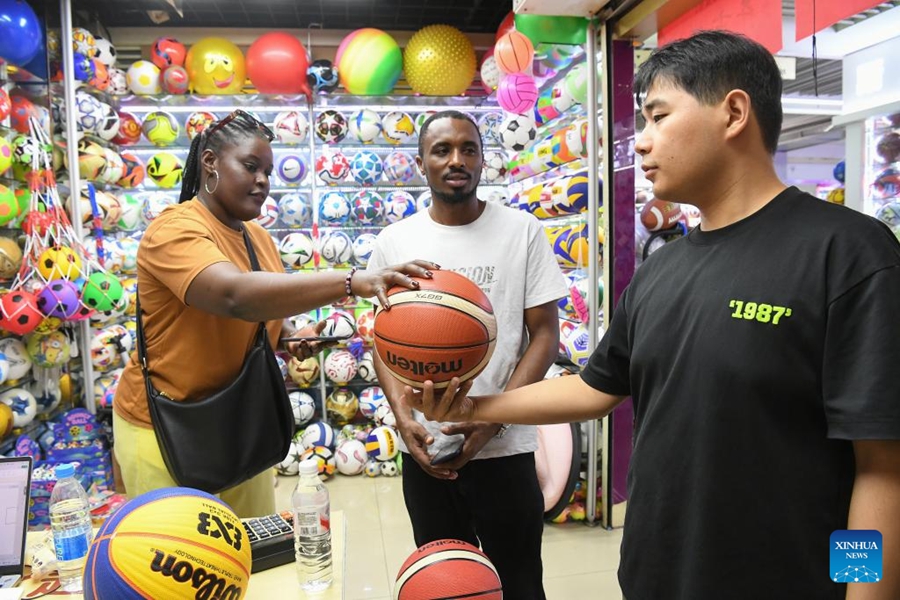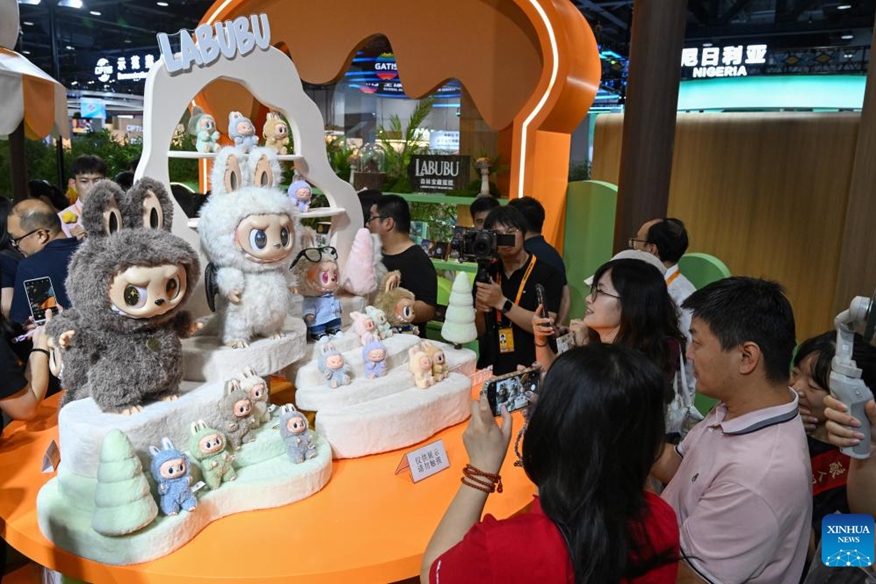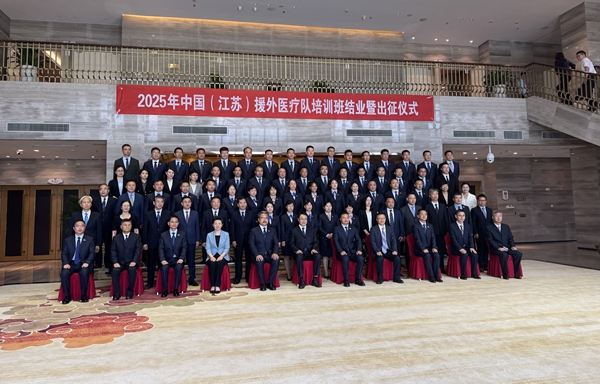
(CFP Photo)
Jiangsu’s manufacturing enterprises have played an important role in ensuring the smooth and innovative operation of Beijing 2022.
Built in 1968, the Capital Gymnasium boasts the first synthetic indoor ice rink in China and is used for figure skating and short track speed skating at the Winter Olympics. The refrigeration system for ice rink in the venue uses the transcritical CO2 solution produced by Baier Refrigeration (Wuxi) Co., Ltd.
The company’s technical director Xie Wei said the transcritical CO2 refrigeration system can reduce energy consumption by 50% and cut emissions to around one thousandth in comparison with traditional equipments.

(CFP Photo)
Xuzhou Construction Machinery Group (XCMG), China's leading construction machinery manufacturer, contributed to the building of Big Air Shougang, the venue for freestyle and snowboard big air events at the Beijing Winter Olympic Games and also transformed from an industrial complex of iron and steel plants.
Wang Zuoshan, director of XCMG’s Beijing office, said the design of the Big Air Shougang is inspired by the “flying apsaras” ribbon in ancient Dunhuang grotto murals and the steel structure is also flexible to new changes in the future.
Also in use at the venue is an advanced 18T snow plow developed by XCMG, which boasts blades at 3 meters long and a control dashboard in the cabin to visualize the condition of the surface, status of the snow removal operations, and other performance indicators in real time.
Yangzhou-based Baosheng Science and Technology Innovation has also supported the Winter Olympics, such as at the National Speed Skating Oval known for the 22 ribbon-shaped curved glass curtain walls. The wires and cables that provide the “ice ribbons” with power transmission are products from Baosheng.
Guo Jian, general manager of Baosheng, said the “ice ribbons” are integrated with a night scene lighting system, and at the same time, nearly 100,000 real-time data from 36 systems are connected, which is equivalent to a super brain.
Baosheng’s products can ensure power supply even in fire, and will not ignite or send off smoke, which can offer more time for rescue in an emergency.
Gold Mantis, headquartered in Suzhou City, is the producer of the giant projector system suspended on the top of the Capital Gymnasium, which consists of 36 screens each at 6.3 meters long and 5.97 meters wide.
The company’s project manager Wang Binshan said that the system uses an aluminum alloy frame and laser projectors at four corners to overcome the installation challenges.
Wuxi’s private textile enterprise Jiangsu Sunshine Group is the clothes producer for athletes.
The main color of the suit is inspired by Dailan, a hue favored traditionally in China, and the details also pay tribute to traditional Chinese aesthetics in revealing the strength and elegance of athletes, said project manager Yu Yan.
The athletes' initials are also embroidered on the collar of the garment using the time-honored Su embroidery craftmanship.

